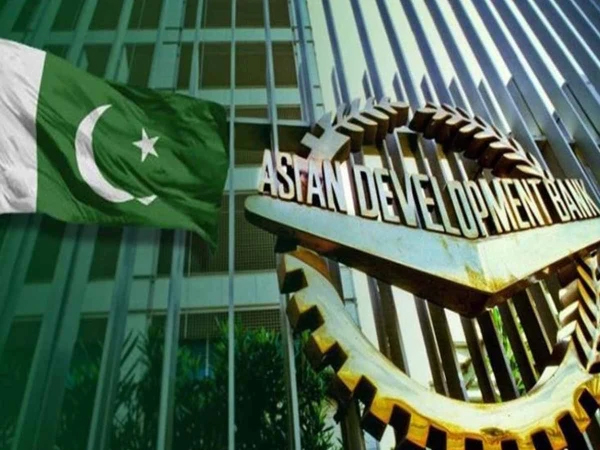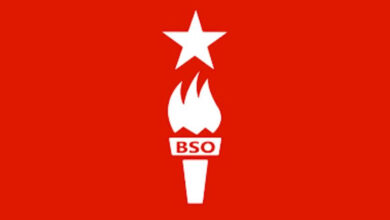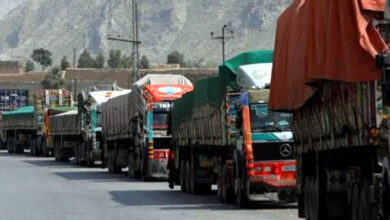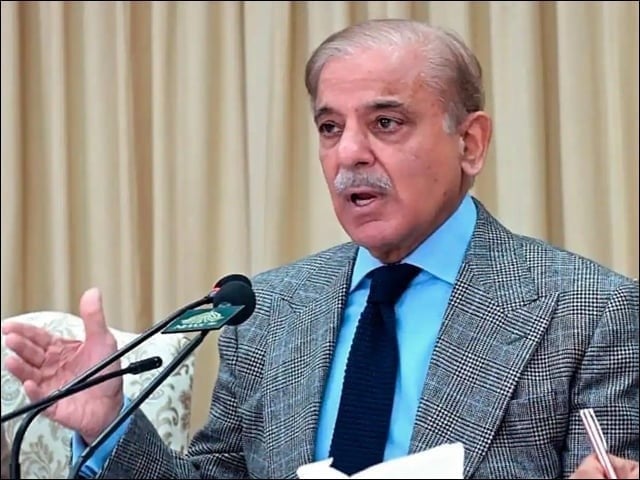ADB Approves $550 Million Loan and Financing for Development Projects in Pakistan

Islamabad: The Asian Development Bank (ADB) has approved a $550 million loan and financing for various development projects in Pakistan. These initiatives include improving the country’s electricity transmission system, strengthening social protection programs, and combating poverty.
According to an ADB press release, the bank has sanctioned a $200 million loan and an additional $330 million in financing to enhance Pakistan’s electricity distribution network. The funds will be used to modernize the power transmission system to meet the growing demand for electricity and reduce energy losses during transmission.
The Power Distribution Strengthening Project aims to upgrade and modernize the transmission infrastructure to safeguard it against climate change and natural disasters. Initially, the project will support three major distribution companies: Lahore Electric Supply Company (LESCO), Multan Electric Power Company (MEPCO), and Sukkur Electric Power Company (SEPCO). The improvements will lead to more effective and sustainable energy distribution in these areas.
ADB’s Central and West Asia Director General, Eugeni Zhukov, stated that this project is part of ADB’s ongoing efforts to address the challenges faced by Pakistan’s power sector. A stable grid and improved electricity supply can enhance the quality of life for citizens. This project will also help reduce energy losses and protect revenue, which will alleviate pressure on the national economy.
Under this initiative, at least 332,000 advanced metering infrastructure units, data management and communication systems, and 15,800 online transformer monitoring systems will be installed across the three distribution companies. Additionally, SEPCO’s four grid stations will be upgraded from 66 kV to 132 kV, which will reduce transmission losses and meet the increasing electricity demand.
LESC’s network will also see the construction of 25 new grid stations, and the replacement of 11 kV feeder lines with aerial bundled conductor cables. Furthermore, feeder line configurations will be optimized to improve transmission efficiency.
ADB’s Principal Energy Specialist, Seung Duck Kim, emphasized that these upgrades will not only reduce energy losses but also improve revenue collection and provide real-time data on electricity consumption and grid performance. The system will help identify faults quickly during extreme weather events, reducing recovery times and minimizing blackouts.
Additionally, ADB has approved $330 million in additional financing to bolster Pakistan’s federal social protection programs. This funding will enhance the existing Integrated Social Protection Development Program (ISPDP) aimed at reducing poverty at the grassroots level, particularly focusing on supporting women and their families.
The program will strengthen the Benazir Income Support Program (BISP) by enhancing its capacity to become a climate-resilient and flexible social safety net. The initiative will also prioritize expanding educational opportunities for children and youth from low-income families and improving health and nutrition services in areas affected by natural disasters.
Eugeni Zhukov noted that this program further strengthens Pakistan’s efforts to promote human development and reduce intergenerational poverty, particularly among women who are most vulnerable to economic hardship. ADB’s financial assistance will help the government enhance its reach to the poorest and most marginalized communities.
The ISPDP, which was approved in December 2021, initially included a $600 million loan from ADB’s own resources, a $3 million grant from the Asian Development Fund, and a $24.48 million grant from the Education Above All Foundation. The program, which began implementation in 2022, has already achieved significant results.
ADB’s Country Director in Pakistan, Emma Fan, praised the program’s success, noting that it has provided access to primary and secondary education for children and youth from poor families and improved health and nutrition services for women and girls. She also highlighted the significant progress made in enhancing the financial management, procurement processes, internal controls, and information systems of the BISP, which manages cash transfer programs.
This financing will not only help vulnerable populations in Pakistan but will also play a key role in reducing poverty and contributing to the country’s social development.






